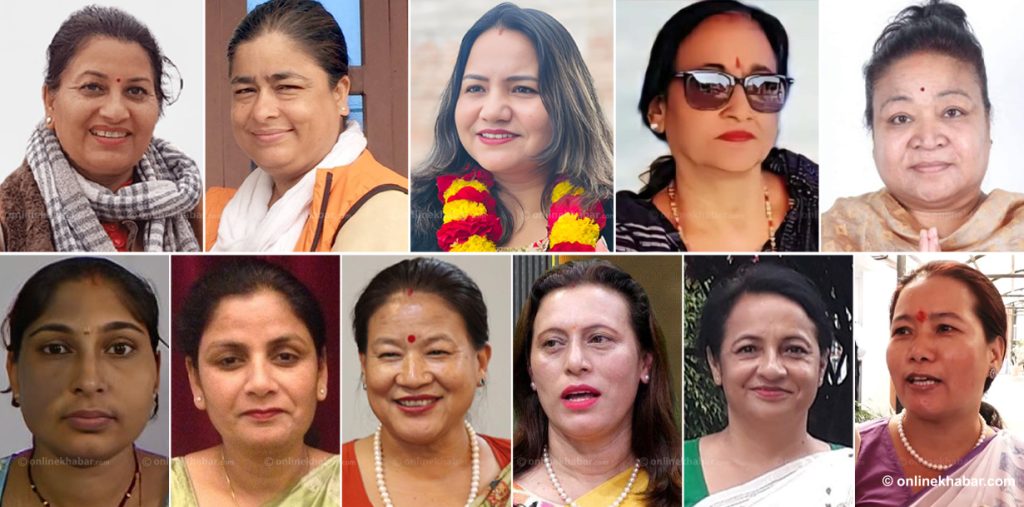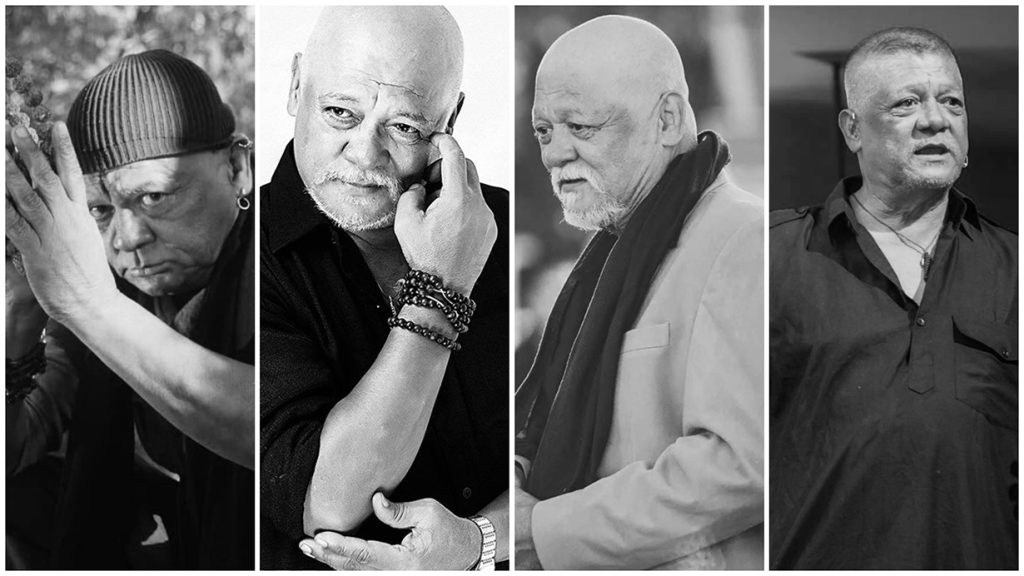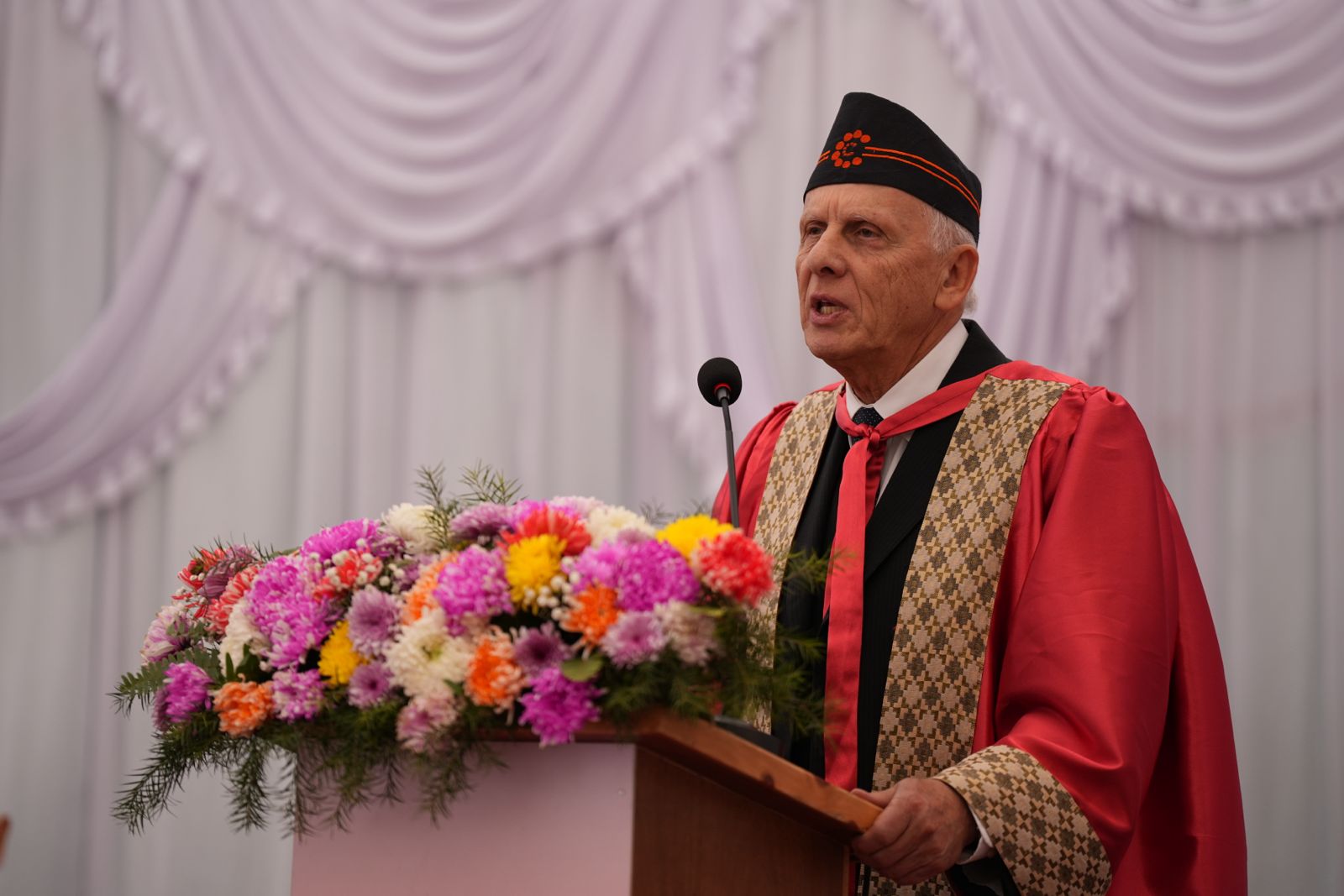The issue of child adoption has been a part of the legislation for a long in Nepal. The 1963 Muluki Ain favoured adoptions by closed blood relatives or persons belonging to the same clan. Dharmaputra (adopted son) and dharmaputri (adopted daughter) also have some religious connections in Nepal.
Adoption primarily is viewed as an agreement involving inheritance or care for adoptive parents. However, in terms of law, there have been some shifts since the 1963 legislation. Currently, section 169 of the Civil Code, 2017, defines adoption as a situation in which a person accepts a son or daughter of another person as his or her son or daughter.
Following are some aspects relating to adoption from the perspective of the country’s law. These rules apply to an adoptive person who is a Nepali national. We will discuss the law for foreigners willing to adopt a child in Nepal in the next article.
Conditions for adoption
Section 172 of the Civil Code lays down criteria for anyone to adopt a child. The criteria are mentioned below:
- A couple to whom no child has been born up to 10 years of the marriage
- An unmarried woman having completed 45 years of age, a widow, a divorcee woman or judicially separated woman, having no son or daughter
- An unmarried man having completed 45 years of age, a widower, divorcee or judicially separated man, having no son or daughter

Further, sub-section (2) lists the person who is not able to participate in the process of adoption. The list is mentioned below:
- One who is of unsound mind
- One who is convicted by the court of a criminal offense involving moral turpitude
- One who does not have financial capacity to afford maintenance, healthcare, education, sports facility, entertainment and care of the minor
Rights of an adopted son or daughter
Section 178 of the Civil Code states the entitlements, rights, obligations and responsibilities of an adopted son or daughter shall be the same as that of a biological son or daughter of the adopting person. Even if a son or daughter is born to a person who has already adopted a person, the equal status of such adopted son or adopted daughter to that of biological son or daughter shall not be prejudiced.
Responsibilities of a adoptive person
The responsibilities of an adoptive person shall be as follows:
- To make arrangements for the maintenance, healthcare, sports, entertainment and proper education of the adopted son or daughter according to his or her reputation and capacity as if he or she were his or her biological son or daughter
- To protect the rights and interests of the adopted son or daughter
- To exercise the authority as referred in the chapter relating to parental authority
Responsibilities of an adopted son or daughter
The responsibilities of an adopted son or daughter shall be as follows:
- To make arrangements for the maintenance, healthcare and care of the adoptive person according to his or her reputation and capacity as if such person were his or her natural father or mothe,
- To protect, look after and properly manage the property of the adoptive person
- To protect the rights and interests of the adoptive person
Cancellation of adoption
Section 185 of the Civil Code mentions if an adoptive person fails to fulfil the aforementioned responsibility/obligations, any adopted son or daughter may annul the adoption.

Likewise, the adoptive person may annul the adoption in the following conditions:
- If the adopted son or daughter fails to fulfil the aforementioned responsibility/obligations
- If the adopted son or daughter expels him or her from home or subjects him or her to physical or mental torture, from time to time
- If the adopted son or daughter misuses his or her property
- If the adopted son or daughter leaves him or her and lives separately without his or her consent for three years or more
Procedure for adoption
If anyone of wants to adopt a child, he/she should carry out the following procedure:
Step 1: A person who is desirous of adopting a child shall make a petition to the concerned court, along with a duly executed deed of adoption, in fulfilment of the legal requirements.
Step 2: Upon receiving the application, the concerned court will decide on the permission to the petitioner for adoption and if convinced, issue an order granting permission for adoption and authenticate such deed.
Step 3: Upon making an inquiry, in case the court finds that permission for the adoption cannot be provided, it shall issue an order accordingly and give information thereof to the petitioner.

























